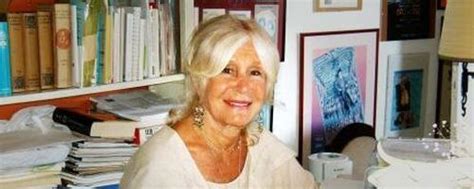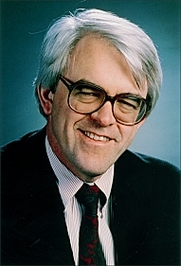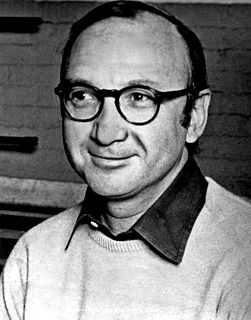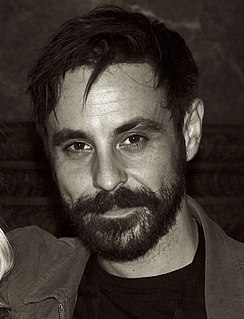A Quote by Francine Pascal
I don't do rewrites. I put all the pages in a pile next to the typewriter.
Quote Topics
Related Quotes
I'm so used to artists saying to me, "Listen, I'm going to have five pages done next week," and then three weeks later I'm phoning them, begging them for two pages. And Stuart [Immonen]is a guy who will promise you five pages and deliver six pages, and the six pages are even better than you could have ever imagined.
Every first-rate editor I have ever heard of reads, edits and rewrites every word that goes into his publication.... Good editors are not 'permissive'; they do not let their colleagues do 'their thing'; they make sure that everybody does the 'paper's thing.' A good, let alone a great editor is an obsessive autocrat with a whim of iron, who rewrites and rewrites, cuts and slashes, until every piece is exactly the way he thinks it should have been done.
I like to always stop with a couple of pages that I haven't - that are just raw copy, where I haven't touched it, I haven't tried to revise it, I haven't tried to polish it. It's like having a little bit of a runway. The next day when you sit down, you have the comfort of saying, well, I have got a little bit here, used to be in the typewriter. Now it's in the magic box, the computer.
I think I sit down to the typewriter when it's time to sit down to the typewriter. That isn't to suggest that when I do finally sit down at the typewriter, and write out my plays with a speed that seems to horrify all my detractors and half of my well-wishers, that there's no work involved. It is hard work, and one is doing all the work oneself.


































